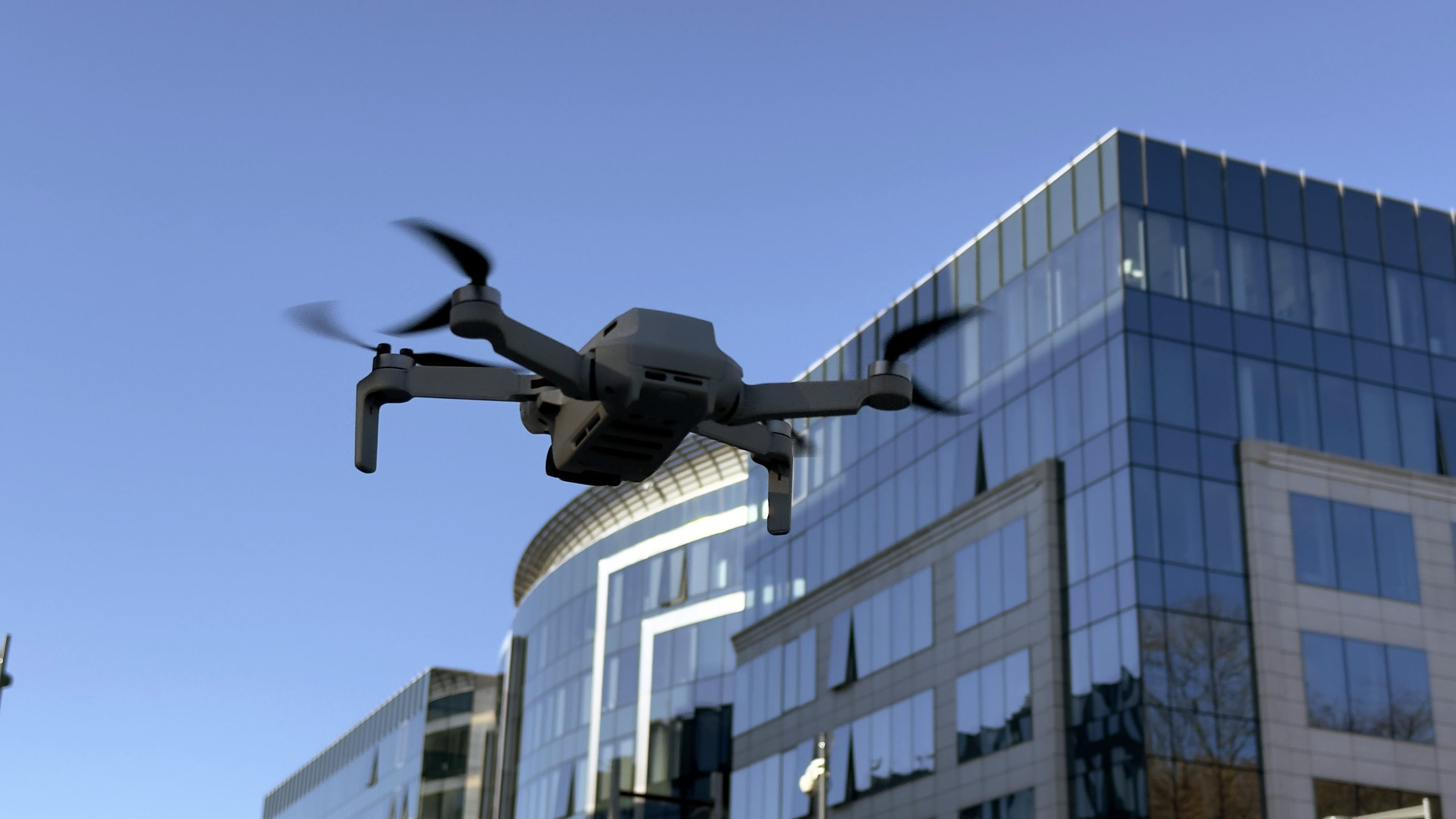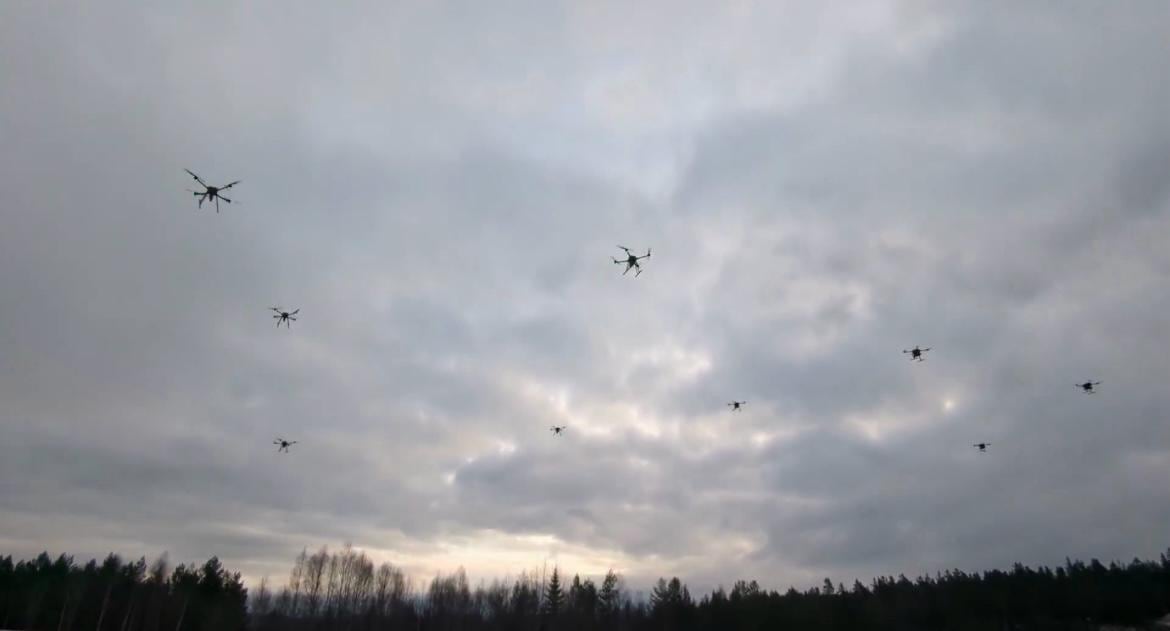WASHINGTON — The U.S. Defense Intelligence Agency plans to upgrade its international intelligence-sharing system to allow more seamless collaboration with a broader coalition of allies.
DIA uses the top-secret system to communicate with and share intelligence among the U.S. and its Five Eyes partners — the U.K., Australia, New Zealand and Canada. Chief Information Officer Doug Cossa told reporters the agency will begin designing an upgrade to Stone Ghost in fiscal 2024 to allow information to be shared with more countries as needed.
“The idea is to add and remove coalitions based on the intelligence problem set that we’re uniquely focused on collectively,” Cossa said during a March 23 briefing at DIA headquarters in Washington. “That’s really where the focus of those modernization efforts will go: [H]ow do you add and remove partners on the fly?”
The agency has the ability to share information with other countries, but doing so requires a separate system. As the Defense Department’s lead organization for open-source intelligence, DIA processes an increasing amount of data, Cossa said, and being able to maintain that information seamlessly and quickly within a single network is important.
DIA operates more than a dozen international information systems, including Stone Ghost. Cossa said the agency is increasingly applying zero-trust principles to those networks — a cybersecurity approach that emphasizes regular validation that every user, function and piece of hardware that connects to a system is authorized.
That work partly relies on artificial intelligence to automate activity logs and evaluate trends, he said.
“Traditionally we lock the doors and we lock the windows and we don’t worry about what’s going on inside,” Cossa said. “Zero trust is taking that same principle but applying it to our networks, meaning we’re not just locking the doors and windows, but we’re constantly revalidating and checking.”
Courtney Albon is C4ISRNET’s space and emerging technology reporter. She has covered the U.S. military since 2012, with a focus on the Air Force and Space Force. She has reported on some of the Defense Department’s most significant acquisition, budget and policy challenges.







